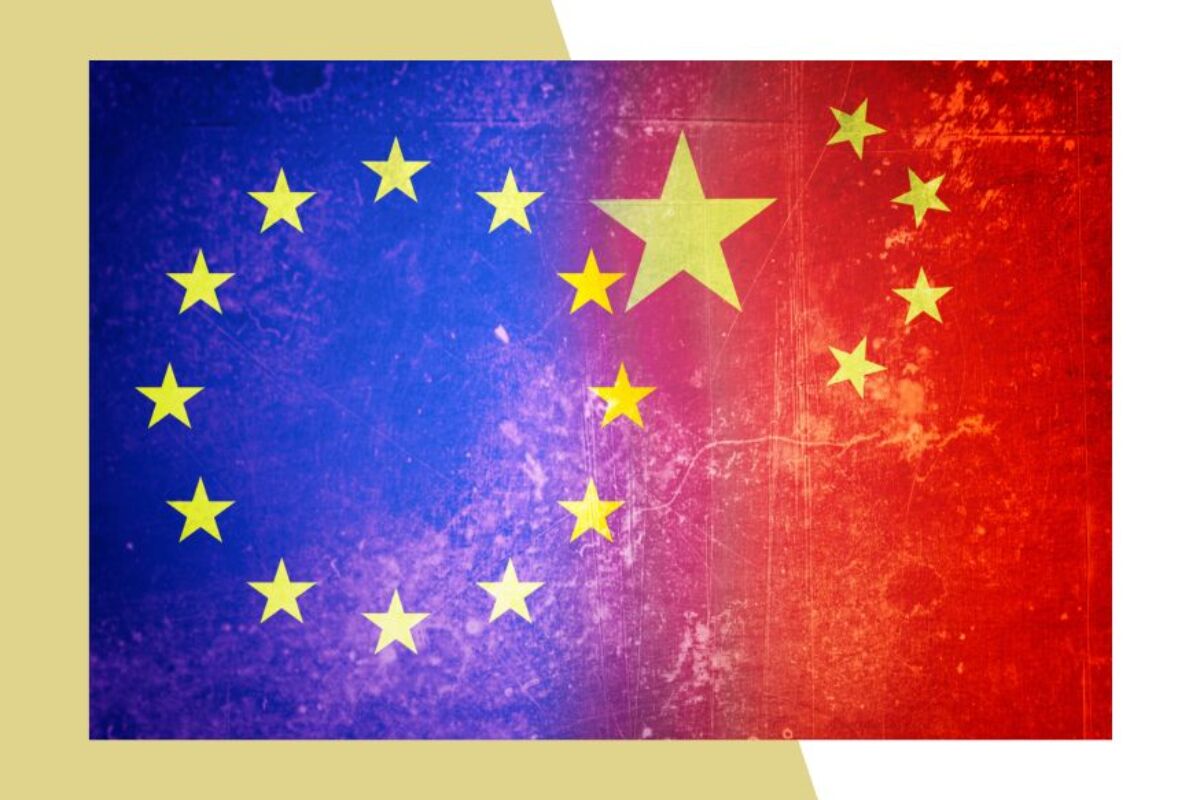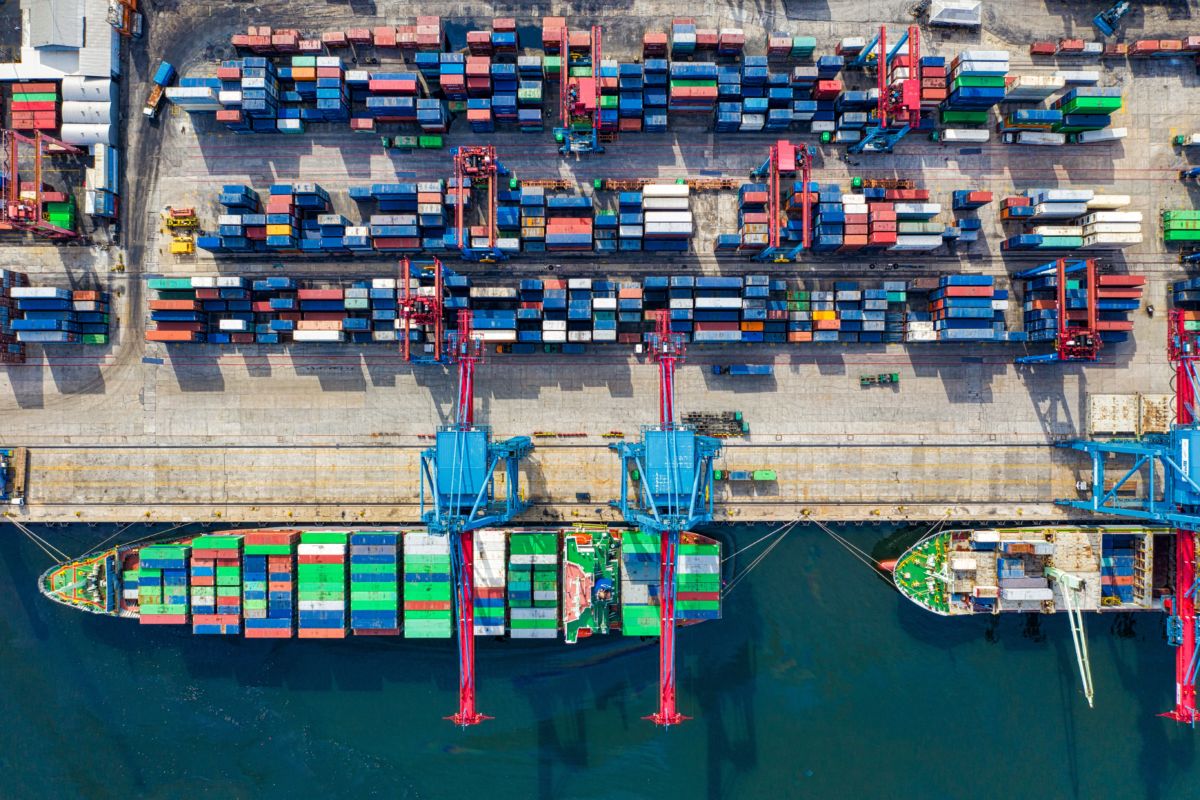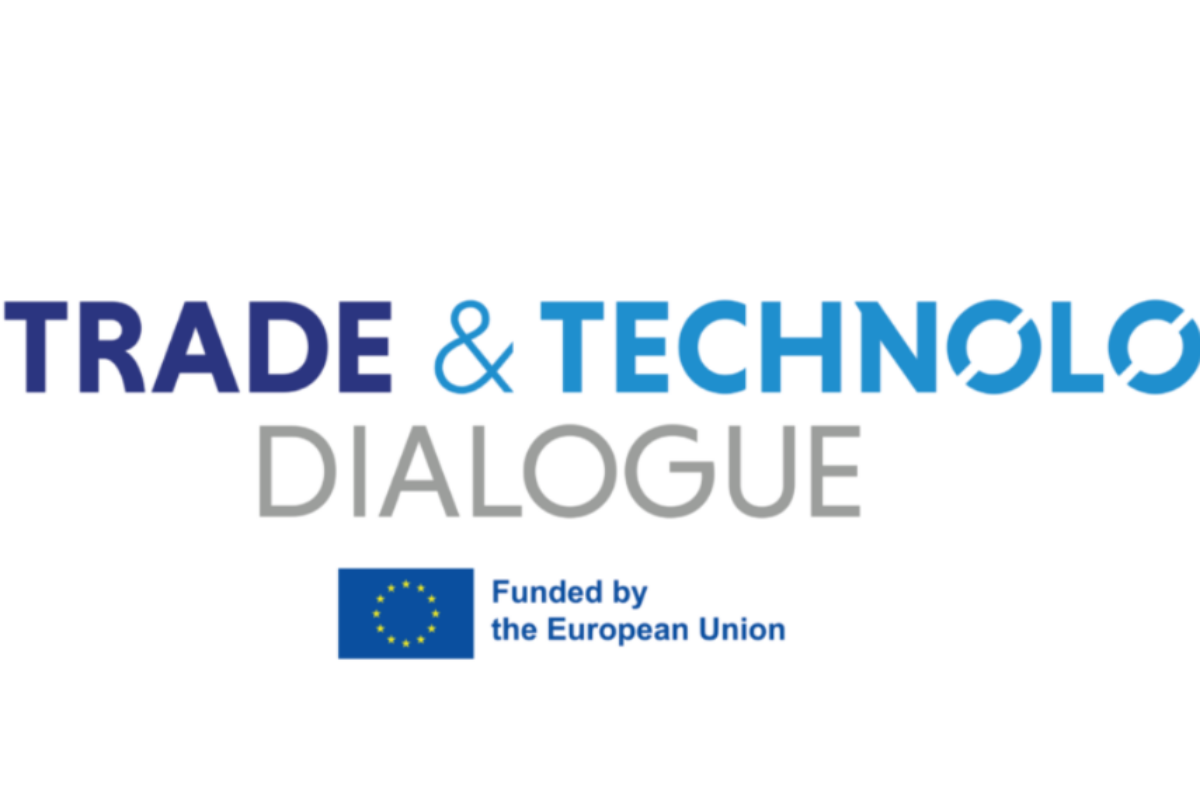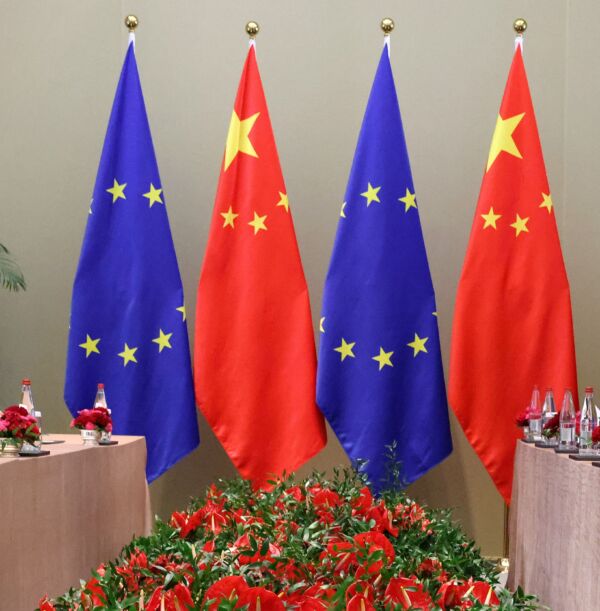- Home
- Research
- CEPS Topics
- CEPS Topics
- CEPS Topics
- CEPS Units
- Publications
- Events
- Activities
- Overview
- Programmes
- Membership
- Expert commentaries

Malorie Schaus
Malorie Schaus
Related Works
View her work on right
SCOPE AND OBJECTIVES Global Gateway is (or rather should be) a geostrategic tool to establish eye-to-eye partnership with countries, leveraging…
China is without a doubt a key trading partner for the EU – 9 % of its goods exports and…
Almost three years ago, the European Commission launched a comprehensive and aspirational New Industrial Strategy for Europe that highlighted its…
On 10 March 2020, just as the Covid-19 pandemic was really starting to hit Europe, the European Commission launched…
Faced with the prospect of a long-lasting and traumatic Covid-19 pandemic, we at CEPS decided to step up our efforts…
The TTD is an EU-funded project designed to support the EU-U.S. Trade and Technology Council (TTC), which serves as a forum for the European…
The Hidden Treasures Program, a joint initiative by Donald Kalff and Andrea Renda launched in the fall of 2019, aims…
The purpose of this grant is to make the CEPS Ideas Lab a more diverse endeavour. In order to reach…
The objective of the study was to assist the Commission’s Impact Assessment process in providing it with robust evidence as…
Towards a resilient and sustainable post-pandemic recovery (executive summary)
The New Industrial Strategy for Europe
Europe’s quest for strategic autonomy and economic security has come with repeated calls to reduce critical dependencies on ‘systemic rivals’…












